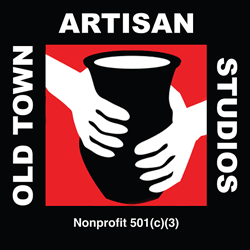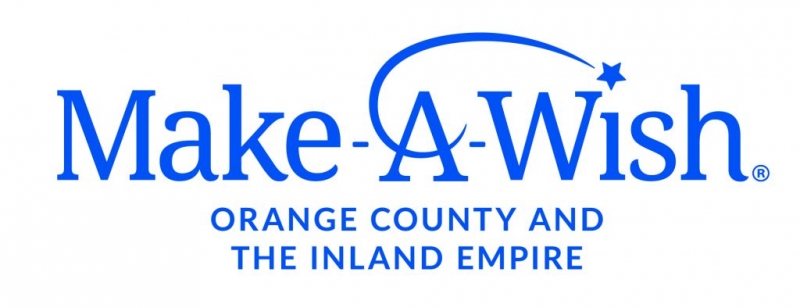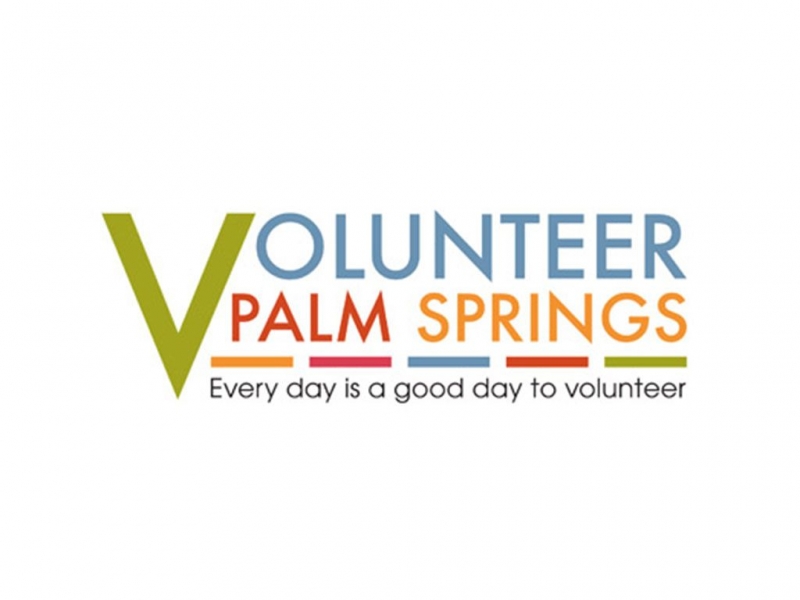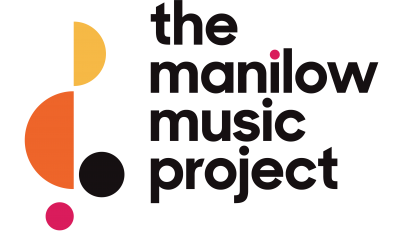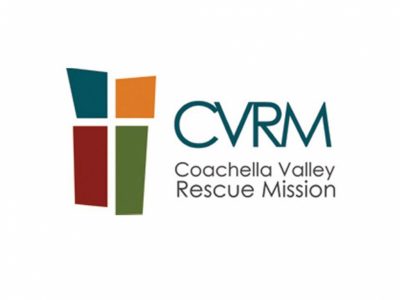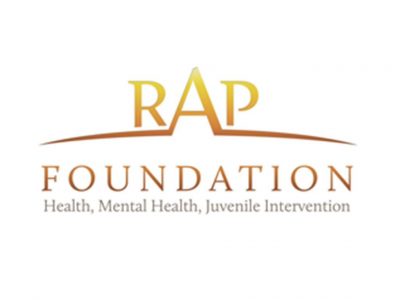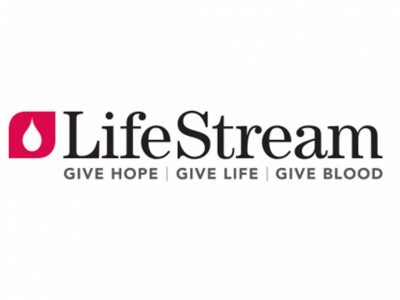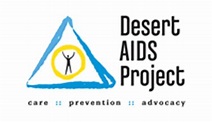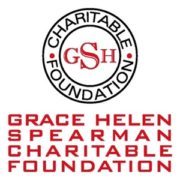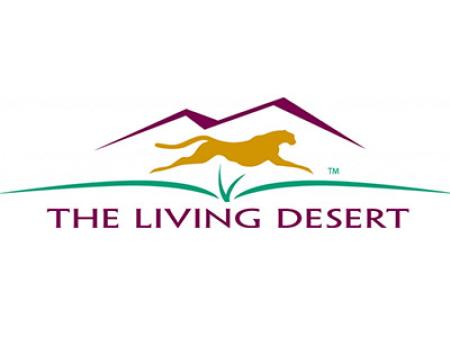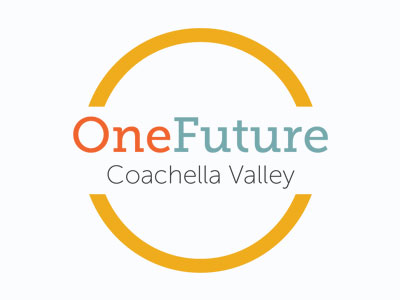DAP Health unveiled an innovative vending machine that dispenses free harm reduction materials to interested parties. Located inside Hunters Nightclub on Arenas Road in Palm Springs, it’s the first of its kind in the Coachella Valley. Similar dispensers have recently popped up in other parts of California, as well as in other states. New York City debuted its first such machine in Brooklyn last June.
“The impetus behind making this vending machine available to desert residents is all about expanding access to life-saving tools,” says DAP Health Chief of Community Health C.J. Tobe. “It extends the reach of our harm reduction program team, which has worked in the field, as well as out of our Palm Springs headquarters, since 2022. It’s all about bridging gaps and building trust so that we can bring more vulnerable people into care — and into recovery if that’s something that appeals to them.”
To provide information to interested community members — and to actively listen to their concerns and answer their questions — members of DAP Health’s harm reduction team hosted a Raw Talk at Hunters last June. Panelists included DAP Health Harm Reduction Supervisor Neil Gussardo and Peer Support Specialist Hans Kowall, as well as Palm Springs Fire Department Public Information Officer Nathan Gunkel and members of the Palm Springs Police Department. The panel was moderated by popular local drag personality Rusty Waters.
The vending machine at Hunters — the first of more than a dozen the nonprofit eventually plans to pepper throughout the Coachella Valley, including at locations that would enable 24/7 access — will initially offer six complimentary items: Narcan (the brand name for naloxone, the nasal spray that can temporarily reverse an opioid overdose), HIV self-test kits, GHB safer-use kits, fentanyl testing kits, safer-boofing kits, and safer-snorting kits.
Except for Narcan, all products will be displayed in unmarked, color-coded bags. Consumers will use a touchscreen panel to answer an anonymous nine-question survey about age, gender, race, drug(s) of choice, and HIV/HCV status to gain access to the free lifesaving supplies. The information gathered will assist the harm reduction team in future efforts.
“The great thing about the data collected is that it will enable us to learn how best to allocate our resources in the future,” says Gussardo. “It’s an invaluable opportunity for the team to educate ourselves about what the most popular products are and who is using them.”
“All of us at Hunters care deeply about our clientele and the larger community,” says Hunters co-owner (with Mark Hunter) Jennifer Seymour. “When DAP Health approached us to partner with them on this groundbreaking desert initiative, we jumped at the chance. We are very proud to host the first harm reduction vending machine ever to be installed in the Coachella Valley.”
What is harm reduction?
According to the National Harm Reduction Coalition, harm reduction is “a set of practical strategies and ideas aimed at reducing negative consequences associated with drug use. Harm reduction is also a movement for social justice built on a belief in, and respect for, the rights of people who use drugs.”
Why did DAP Health launch a harm reduction initiative?
Consistent with the organization’s nearly 40-year history of protecting and expanding access to health care, DAP Health recognizes that addiction and overdoses are public health emergencies. Fentanyl poisoning is now the #1 killer of adults 18-45 (above death by suicide, motor vehicle accidents, COVID-19, gun violence, or cancer), claiming the lives of more than 100,000 Americans in 2022. That same year, provisional data indicated more than two thirds (68%) of the reported 107,081 drug overdose deaths in the United States involved synthetic opioids other than methadone, principally illicitly manufactured fentanyls (IMFs).
Doesn’t DAP Health’s harm reduction program enable people who use drugs?
Yes! Again, entirely consistent with the nonprofit’s history and commitment to end HIV and to provide comprehensive health care to all, the program enables people to be safer, and to live their healthiest and happiest life through education and connection to care.
Who supports DAP Health’s harm reduction program?
The California Department of Public Health, Inland Empire Harm Reduction, Martha’s Village & Kitchen, Operation Safe House, Palm Springs Chief of Police Andrew Mills and members of the PSPD, members of the Palm Springs Fire Department, Palm Springs Homeless Outreach Coordinator Roman Ruiz MSW, Palm Springs R.I.S.E. (Resilience, Inclusion, and Support for Ending Homelessness), Tenet Health, and United Methodist Church of Palm Springs.
DAP Health meets people where they are. At various locations throughout the Coachella Valley, its harm reduction team provides:
- Free HIV, STI, and hep C testing.
- New syringes to reduce HIV and hep C transmission.
- Other harm reduction items such as GHB safer-use kits, safer-boofing kits, safer-snorting kits, safer-smoking kits, and new cottons, cookers, tourniquets, and other injecting supplies.
- Safer-sex kits (condoms, lube).
- Fentanyl and xylazine strips for testing drugs before use to decrease the likelihood of overdose.
- Narcan (naloxone) to help reverse the potentially fatal effects of opioid overdose.
DAP Health’s harm reduction team reduces stigma and builds trust via community outreach. When someone who uses drugs makes the choice to stop, available referrals include:
- DAP Health’s ODF (Outpatient Drug-Free) program.
- DAP Health’s peer support specialists.
- DAP Health’s early intervention specialists (for those with HIV and/or hep C who need treatment).
- Local recovery and treatment centers, and substance use counselors.
- Insurance enrollment and connection to health care/other social support services.
- DAP Health’s sexual wellness clinic (Palm Springs and Indio) for STI testing and/or PrEP.
- Food.
- Housing.
Harm reduction saves lives. DAP Health success statistics since the program’s inception (May 2022 to June 2023):
- 3,059 patients served
- 65,000 syringes taken in/given out via organized community pickup
- 1,500 referrals to recovery centers, primary care, and mental health
- 350 lives saved
DAP Health is keeping tourists — and therefore, locals — safe. Coachella Valley Music and Arts Festival, Weekend One 2023 statistics:
- 204 Narcan kits distributed (168 at shuttle stop; 36 at festival grounds)
- 400 fentanyl test strip kits distributed (300 at shuttle stop; 100 at festival grounds)
To learn more about DAP Health’s harm reduction program — funded in part by grants from the National Association of County and City Health Officials (naccho.org), Walgreens Pharmacy, and the California Department of Public Health — please visit daphealth.org/harmreductionfaq
How does DAP Health’s harm reduction vending machine work?
Except for Narcan, all products will be displayed in unmarked, color-coded bags. Consumers will use a touchscreen panel to answer an anonymous nine-question survey about age, gender, race, drug(s) of choice, and HIV/HCV status to gain access to the free lifesaving supplies. The information gathered will assist the harm reduction team in future efforts.
Detailed List of Harm Reduction Vending Machine Items
Red-Dotted Brown Bag 1 (Safer-Boofing Kit)
2 cookers
2 sterile water/saline
2 personal lubricant packets
2 needleless syringes
2 benzalkonium chloride towelettes
1 paperclip
1 instruction sheet
1 DAP Health harm reduction program mobile and brick-and-mortar location card
Yellow-Dotted Brown Bag 2 (Fentanyl Testing Kit)
2 testing strips
2 cookers
2 sterile water/saline
1 instruction sheet
1 DAP Health harm reduction program mobile and brick-and-mortar location card
Blue-Dotted Brown Bag 3 (GHB Safer-Use Kit)
2 oral syringes
1 plastic bottle cap
1 packet of fizzy drink mix
1 emergency card
1 instruction sheet
1 DAP Health harm reduction program mobile and brick-and-mortar location card
Green-Dotted Brown Bag 4 (Safer-Snorting Kit)
2 straws
1 plastic card
1 plastic razor
2 sterile water/saline
1 tiny spoon
2 alcohol wipes
1 personal lubricant packet
1 instruction sheet
1 DAP Health harm reduction program mobile and brick-and-mortar location card
Orange-Dotted Brown Box (HIV Self-Testing Kit)
Narcan/Naloxone Box (contains 2 nasal sprays)
What Is NOT in DAP Health’s Harm Reduction Vending Machine?
Syringes or meth pipes.
About DAP Health
DAP Health is an internationally renowned humanitarian health care organization and federally qualified health center (FQHC) whose goal is to protect and expand health care access for all people — especially the disenfranchised — regardless of who or where they are, their health status, or whether they have health insurance.
In 2023, the nonprofit made a successful bid to absorb the Borrego Health System, enabling it to serve a total of more than 100,000 patients of all populations, genders, and ages — from newborns to seniors — at a total of 25 Southern California clinics located within 240 rural and urban zip codes from the Salton Sea to San Diego.
For years, DAP Health’s programs and services have included primary care, infectious diseases, gender-affirming care, LGBTQ+ care, mental health, dentistry, harm reduction, recovery services, affordable housing, social services, and HIV prevention, testing, and treatment. The additional disciplines now under its vast umbrella include family medicine, women’s health (including OB-GYN), pediatrics, veterans’ health, geriatrics, urgent care, and pharmacy services.
The organization was founded as Desert AIDS Project in 1984 by a group of volunteers. Thanks to nearly 40 years of experience caring for those affected not only by the HIV epidemic but by various other public health emergencies (COVID-19, mpox), DAP Health has the physical and intellectual resources, the drive, and — most importantly — the vision to effect even greater change by positively impacting its diverse patient populations’ social determinants of health (SDOH).
According to the World Health Organization, SDOH are “the non-medical factors that influence health outcomes. They are the conditions in which people are born, grow, work, live, and age, and the wider set of forces and systems shaping the conditions of daily life.”
The next epidemic hasn’t surfaced — yet. But just as DAP Health met earlier community health crises decisively and successfully, its experts stand at the ready.


